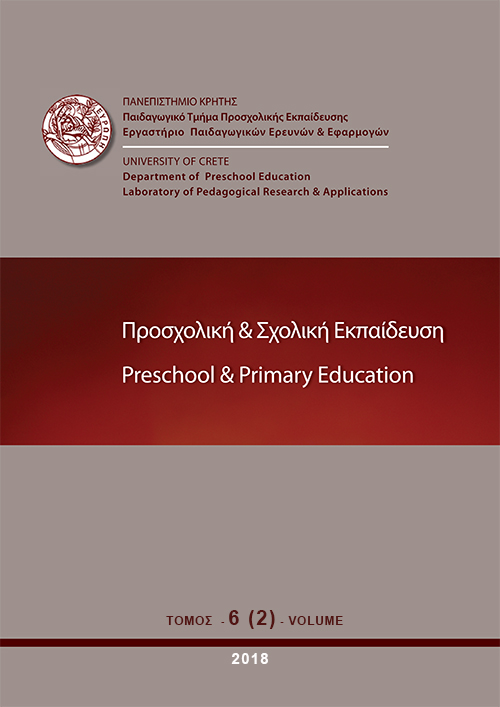Teaching Church History in Public Schools: Theoretical perspectives and applications

Abstract
Teaching Church history in primary and secondary education can be interesting and create prospects for broader learning as long as it follows the new pedagogical and didactical approaches to studying history through sources. Our theoretical requirements and applying them in school classes were based on empowering students' critical and creative thinking skills by studying and debating controversial and sensitive issues in history. The teaching scenario we propose concerns the proclamation of the Autocephalous Church of Greece. We adopted the principles of inquiry learning and the methodology of problem-based learning. The results of the evaluation indicate that teaching Church history can be effective and interesting, if it is taught in a way that can encourage students to become self-motivated independent learners. In addition, these teaching approaches help students develop multiple skills leading to a deeper knowledge of the past and citizen involvement.
Article Details
- How to Cite
-
Karageogroudis, E. (2018). Teaching Church History in Public Schools: Theoretical perspectives and applications. Preschool and Primary Education, 6(2), 163–179. https://doi.org/10.12681/ppej.18081
- Issue
- Vol. 6 No. 2 (2018)
- Section
- Articles

This work is licensed under a Creative Commons Attribution-NonCommercial-ShareAlike 4.0 International License.
Authors who publish with this journal agree to the following terms:
- Authors retain copyright and grant the journal right of first publication with the work simultaneously licensed under a Creative Commons Attribution Non-Commercial License that allows others to share the work with an acknowledgement of the work's authorship and initial publication in this journal.
- Authors are able to enter into separate, additional contractual arrangements for the non-exclusive distribution of the journal's published version of the work (e.g. post it to an institutional repository or publish it in a book), with an acknowledgement of its initial publication in this journal.
- Authors are permitted and encouraged to post their work online (preferably in institutional repositories or on their website) prior to and during the submission process, as it can lead to productive exchanges, as well as earlier and greater citation of published work (See The Effect of Open Access).


